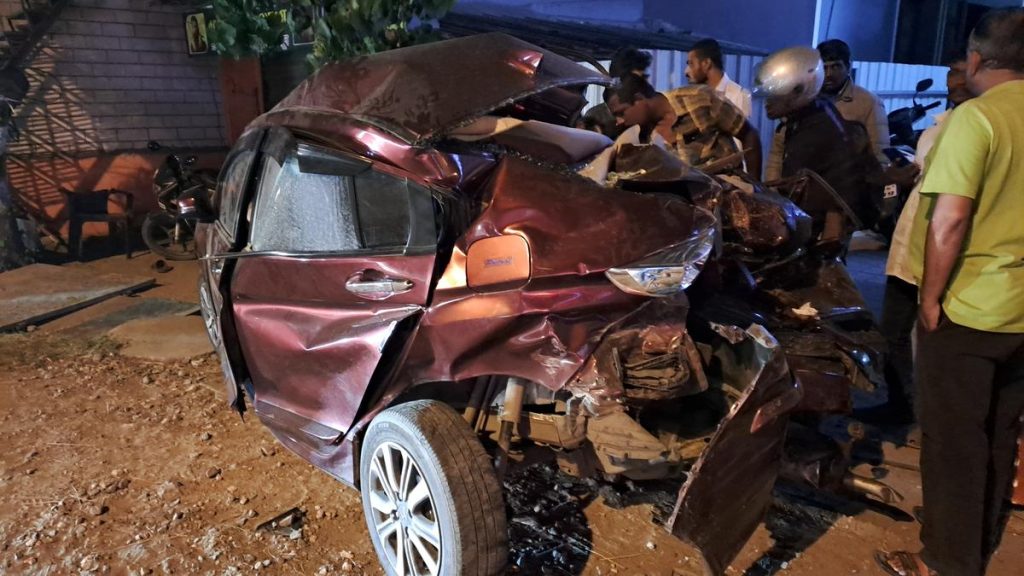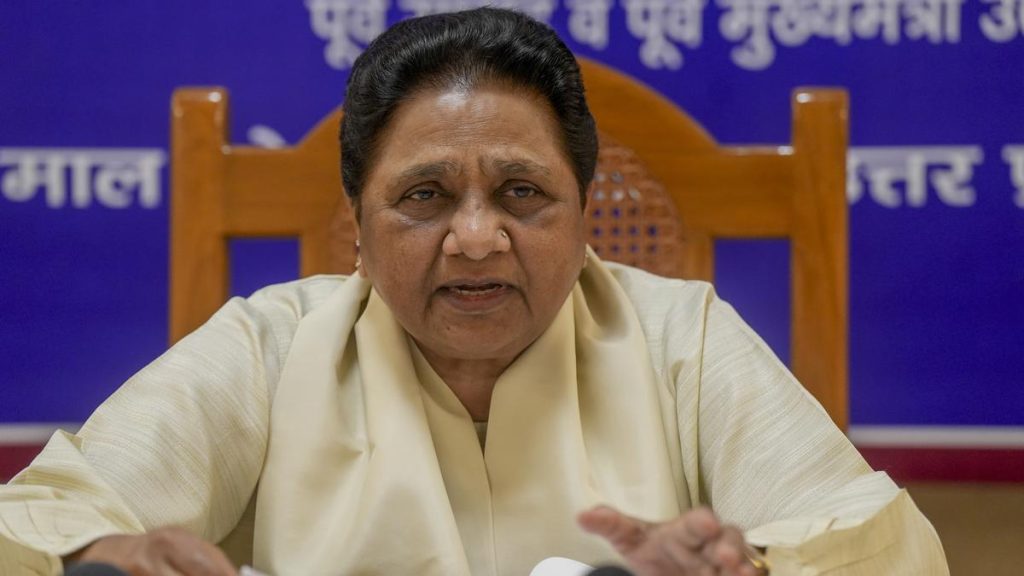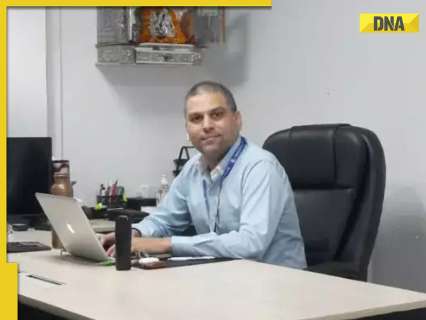Now Reading: Andhra Pradesh Allocates ₹143 Crore to Renovate 76 Temples
-
01
Andhra Pradesh Allocates ₹143 Crore to Renovate 76 Temples
Andhra Pradesh Allocates ₹143 Crore to Renovate 76 Temples
Swift Summary
- Andhra Pradesh government has sanctioned ₹143 crore for the renovation of 76 temples across the State.
- Reconstruction and renovation projects are described as continuous processes, according to Endowments Minister Anam Ramanarayana Reddy.
- The foundation stone was laid by Sringeri mutt seers for rebuilding the Someswara temple in Somasila.
- The State government plans to introduce a new policy regarding temple property leasing in cities and towns; decisions on this will involve Chief Minister Nara Chandrababu Naidu.
- Key upcoming considerations include preserving temples’ assets, leasing temple buildings and rooms, utilizing income for maintenance, organizing festivals, and other related issues – except those involving Tirumala Tirupati Devasthanams (TTD).
- Renovation of Sri Venugopala Swamy temple is set to begin soon following approval from its governing body; engineers have already created a master plan for this purpose.
- The current government aims to restore Venugopala Swamy temple’s former glory after revenue decline linked to mismanagement during the previous governance.
Indian opinion Analysis
The allocation of ₹143 crore by the Andhra Pradesh government signals its commitment to preserving cultural heritage through large-scale temple renovations. By addressing pressing infrastructure issues and proposing policies about leasing properties tied to religious institutions, these efforts may enhance transparency and optimize resource utilization within state-endowed temples. however, managing considerable funds effectively while coordinating multiple projects remains crucial given past allegations of mismanagement cited by Minister Reddy regarding Venugopala Swamy Temple’s assets during earlier administrations.
This decision underscores broader socio-cultural implications: such renovations not only foster community engagement but can also stimulate local economies through tourism-driven growth once these historic sites regain prominence.However, successfully implementing clear oversight mechanisms will be key in ensuring enduring outcomes without politicizing religious institutional matters.


























